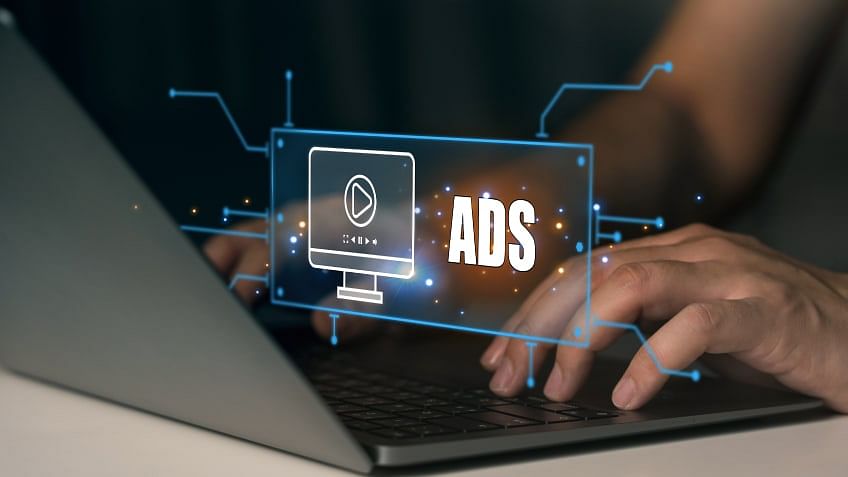In 2025, influencer marketing remains one of the most impactful strategies for brands aiming to build trust, increase visibility, and engage with their target audiences. As consumers increasingly rely on social media for information and inspiration, influencers continue to play a pivotal role in shaping purchasing decisions. However, the landscape of influencer marketing is evolving rapidly, driven by changes in technology, audience behavior, and business priorities. Businesses that adapt to these changes will unlock unparalleled opportunities to connect with their audience in meaningful and profitable ways.
The global influencer marketing industry has witnessed exponential growth in recent years, fueled by the rise of new platforms and technologies. By 2025, brands are not only working with traditional influencers but are also leveraging niche content creators and virtual influencers to reach highly targeted audiences. These trends, coupled with advanced analytics and artificial intelligence, are transforming how influencer campaigns are planned, executed, and measured. Companies looking to stay ahead in the influencer marketing game must embrace innovation while maintaining authenticity in their collaborations.
Rise of Niche and Micro-Influencers
Gone are the days when only celebrities and mega-influencers dominated the influencer marketing landscape. In 2025, brands are increasingly turning to niche and micro-influencers to connect with specific audience segments. These influencers, who typically have smaller but highly engaged followings, are known for their authentic and relatable content. Their ability to build genuine connections with their audiences makes them valuable partners for brands seeking to foster trust and credibility.
For example, a small business in the fitness industry might collaborate with a health-focused micro-influencer to promote its products. This strategy not only ensures higher engagement rates but also helps businesses target audiences who are genuinely interested in their offerings. Companies exploring small business ideas can benefit from working with influencers who align with their brand values and goals.
Integration of Artificial Intelligence
Artificial intelligence (AI) is revolutionizing influencer marketing by streamlining processes and improving campaign outcomes. AI-powered tools can identify the most relevant influencers for a brand, analyze their audience demographics, and predict the success of potential collaborations. These insights enable marketers to make data-driven decisions, ensuring maximum ROI for their campaigns.
Additionally, AI is enhancing the personalization of influencer content. By analyzing audience behavior and preferences, AI can help influencers tailor their messaging to resonate with specific segments. For instance, a fashion influencer can use AI to recommend outfit combinations based on seasonal trends and individual preferences, creating a more engaging experience for their followers. Businesses interested in leveraging AI for marketing should explore the latest AI technologies tools to stay competitive.

Emergence of Virtual Influencers
Virtual influencers are taking the marketing world by storm. These computer-generated personas, powered by advanced AI and graphic design, are becoming increasingly popular among brands. Virtual influencers offer several advantages, including complete control over their image and messaging, as well as the ability to operate 24/7 without human limitations.
In 2025, virtual influencers are being used to target tech-savvy audiences who appreciate innovation and creativity. For example, a beauty brand might collaborate with a virtual influencer to showcase its latest products through visually stunning and interactive content. While virtual influencers may not completely replace human creators, they are an exciting addition to the influencer marketing landscape, offering new possibilities for engagement and storytelling.
Focus on Authenticity and Transparency
As influencer marketing matures, authenticity and transparency are becoming more critical than ever. Consumers are increasingly skeptical of overly polished and promotional content, preferring influencers who share genuine and relatable experiences. In 2025, successful influencer campaigns prioritize authenticity by encouraging creators to maintain their unique voice and style.
Transparency is equally important, with audiences expecting clear disclosure of paid partnerships. Brands that fail to comply with advertising guidelines risk damaging their reputation and losing consumer trust. To build credibility, businesses should collaborate with influencers who align with their values and are committed to maintaining ethical standards. Exploring business trends in influencer marketing can help brands stay informed and adapt to evolving consumer expectations.
Expansion into Emerging Platforms
While platforms like Instagram and YouTube continue to dominate the influencer marketing space, emerging platforms are gaining traction in 2025. Short-form video apps, live-streaming platforms, and social commerce channels are becoming increasingly popular among younger audiences. Brands that embrace these platforms can tap into new demographics and experiment with innovative content formats.
For instance, TikTok’s interactive features and algorithm-driven content discovery make it an ideal platform for influencer marketing. Similarly, live-streaming platforms allow influencers to engage with their audience in real time, fostering deeper connections and driving instant sales. Businesses looking to explore online business opportunities should consider leveraging these platforms to expand their reach and drive growth.
Data-Driven Campaigns and ROI Measurement
In 2025, data-driven decision-making is a cornerstone of successful influencer marketing campaigns. Advanced analytics tools enable brands to track the performance of their collaborations in real time, providing valuable insights into audience engagement, conversion rates, and ROI. These metrics allow marketers to optimize their strategies and allocate resources more effectively.
For example, an e-commerce business can use analytics to identify which influencers drive the most traffic and sales to its website. By focusing on high-performing partnerships, the business can maximize its returns and improve overall campaign efficiency. Companies exploring digital marketing strategies should prioritize data-driven approaches to ensure long-term success.
Sustainability and Social Responsibility
Consumers are increasingly prioritizing sustainability and social responsibility in their purchasing decisions. As a result, brands are collaborating with influencers who advocate for environmental and ethical causes. In 2025, sustainable influencer marketing campaigns highlight products and initiatives that align with these values, fostering trust and loyalty among conscious consumers.
For example, a sustainable fashion brand might partner with eco-conscious influencers to promote its clothing line. These collaborations not only showcase the brand’s commitment to sustainability but also resonate with audiences who share similar values. Businesses interested in exploring sustainable businesses should consider incorporating these principles into their influencer marketing strategies.
Conclusion
Influencer marketing in 2025 is characterized by innovation, authenticity, and a strong focus on data-driven decision-making. As technology continues to evolve, brands have more tools and platforms at their disposal to create impactful campaigns that resonate with their target audience. By embracing emerging trends such as niche influencers, AI integration, and virtual personas, businesses can stay ahead in the competitive digital landscape.
Moreover, the emphasis on authenticity, transparency, and social responsibility ensures that influencer marketing remains a trusted and effective strategy for building meaningful connections with consumers. Whether through engaging content, innovative platforms, or sustainable initiatives, brands that prioritize collaboration and creativity will unlock new opportunities for growth and success.
By staying informed about future industry insights and adapting to changing consumer preferences, businesses can master the art of influencer marketing and thrive in the dynamic world of digital commerce.

